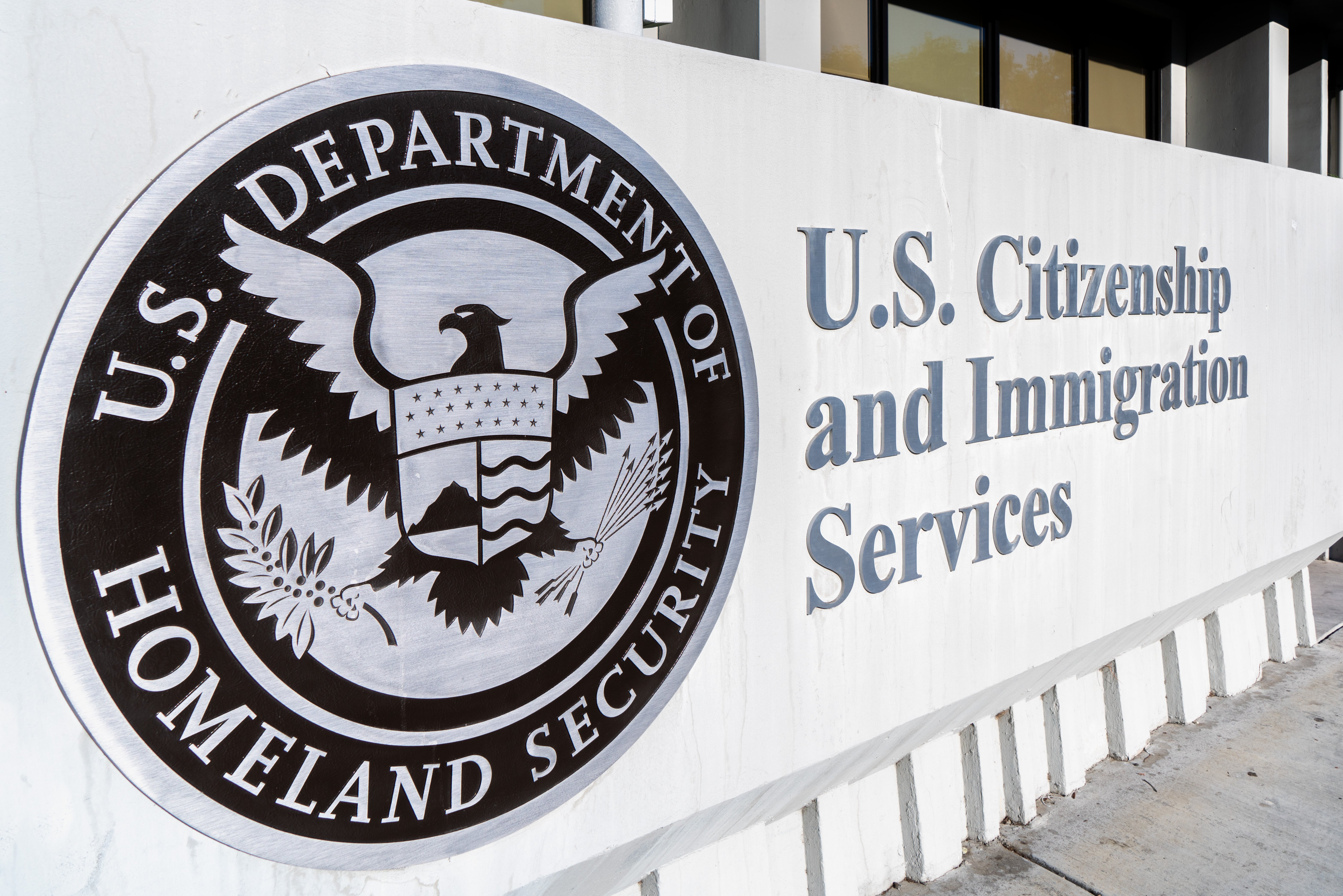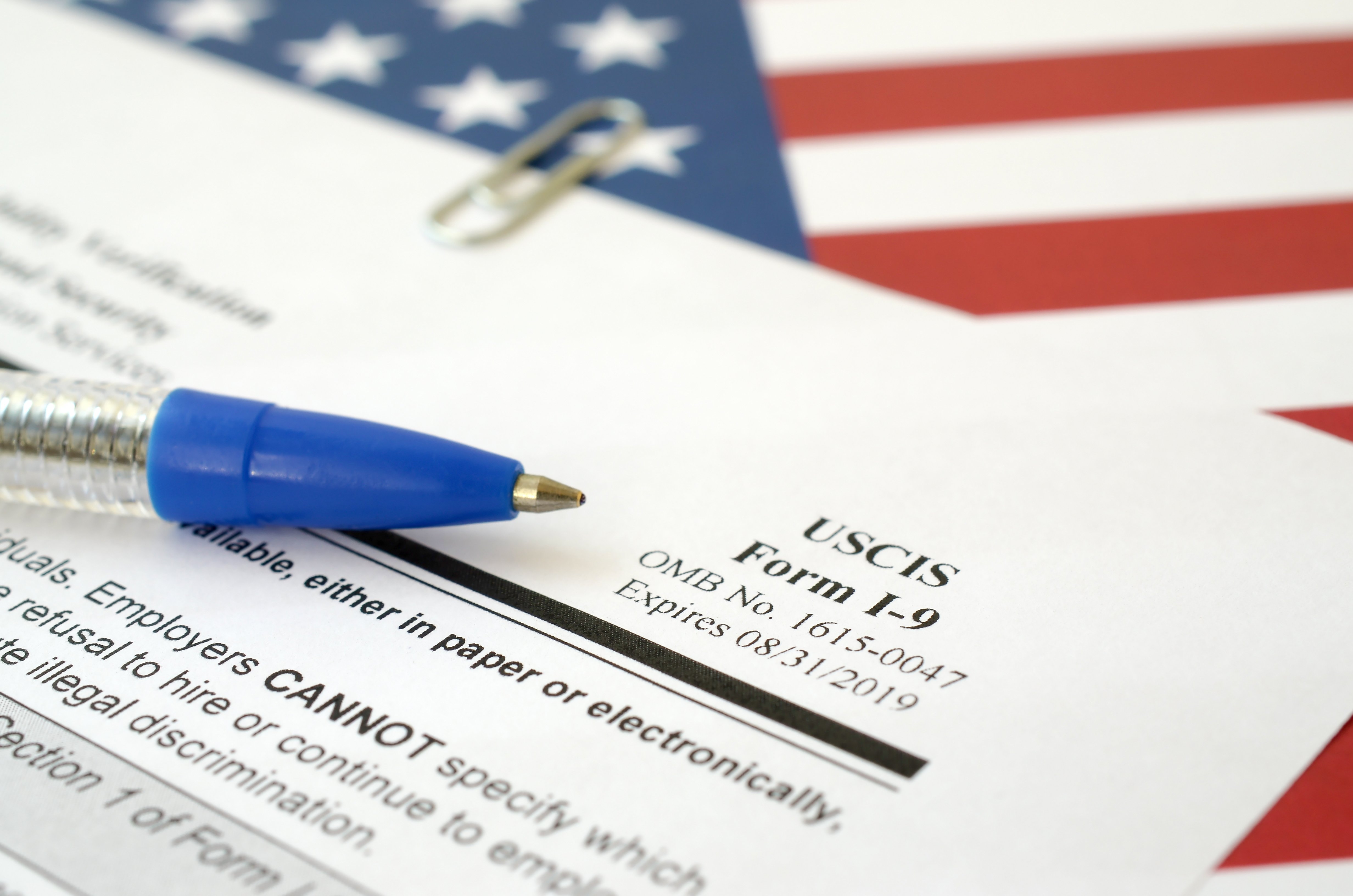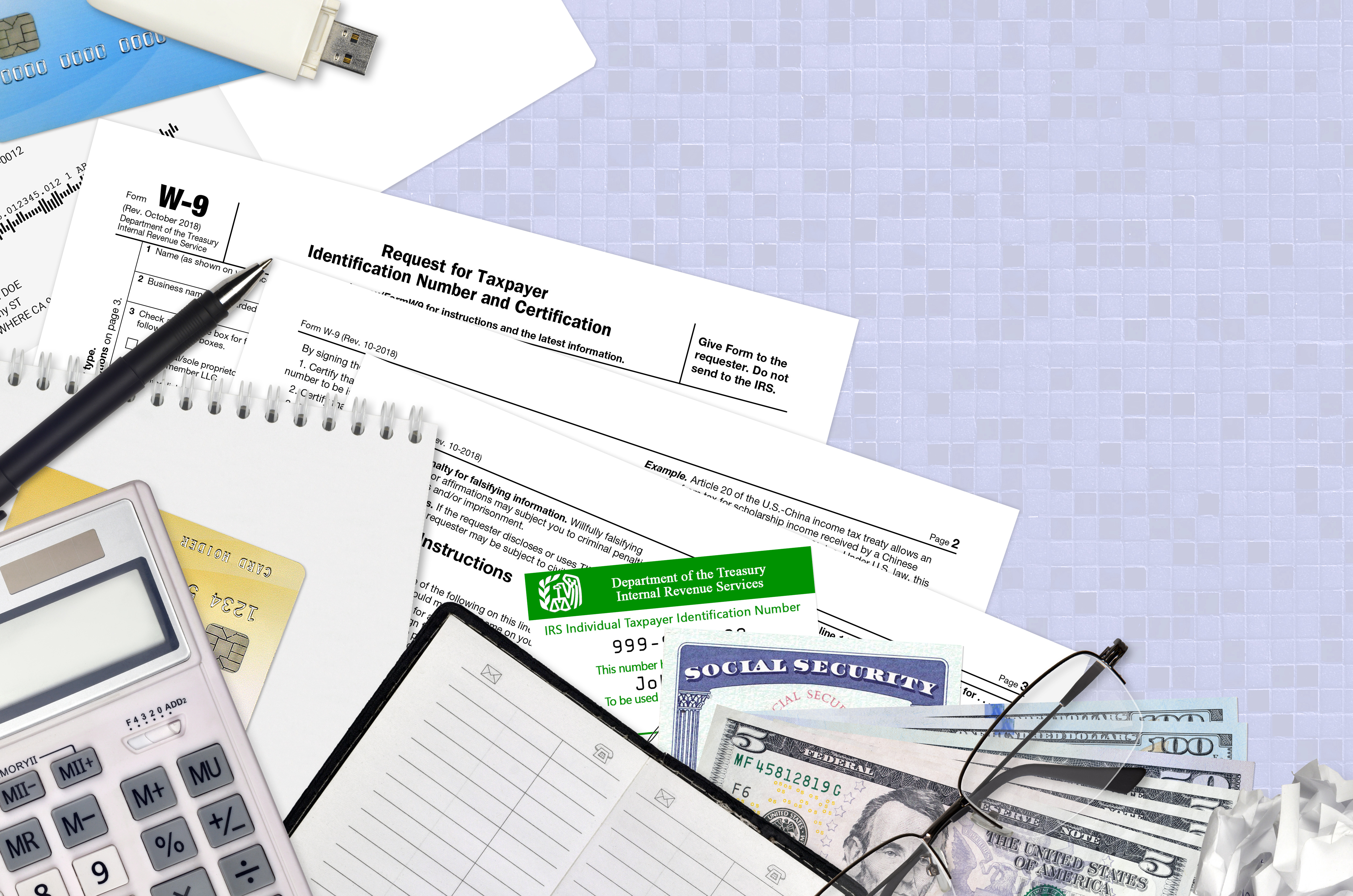Form I-9 has been a fact of life for employers and employees for more than three generations—it’s one of those things that nearly everybody has experienced at some point in their lives. Companies require New Hires to complete Form I-9 in an effort to remain compliant with employment eligibility laws. If caught out of compliance, employers can face stiff penalties ranging from fines to prison.
But what are these violations and what are their attendant penalties? Obviously, their purpose is to discourage employers from flaunting employment law, and they have been largely effective. So today we are going to outline the different types of Employment Eligibility Violations and the penalties associated with each.

Form I- and Employment Eligibility Violations, Penalties, and Punishments
Form I-9 is the official paperwork that documents a company’s compliance with existing immigration and employment law (as outlined first in the Reform and Control Act of 1986, then the Immigration Act of 1990, and finally the Illegal Immigration Reform and Immigrant Responsibility Act of 1996).
As employers, there are, of course, different ways to run afoul of these laws, and each carries its own proscribed penalty.
First and foremost, it is important to note that, while the majority of punishments are civil in nature and result in a range of financial penalties, repeated violations of employment eligibility law can and do result in criminal prosecutions. Yes, that means jail time.
Indeed, businesses demonstrating “a pattern or practice of hiring, recruiting or referring for a fee unauthorized noncitizen” are in fact subject to up to six months in prison. Such criminal proceedings are exceedingly rare, however, and far more often companies are subjected to civil (read: financial) penalties.
These penalties range from a minimum of $110—for initial I-9 paperwork violations—to up to $3,200, the current maximum fine for I-9 document abuse.
Notably, these fines are levied per violation, meaning that a company under investigation may have tens to even hundreds of thousands of dollars in fineable offenses by the time they are held accountable. They are cumulative so a company with a history of non-compliance can be fined for each and every case of noncompliance once the federal government catches on.

Government Resources for Employment Eligibility
US Immigration and Citizenship Services (USICS) dedicates a page of its website to defining different violations and their penalties, which you can find here. They will always be the final authority on their punitive process, and penalties are always subject to change.
And here is the most recent matrix of fines for violations related to form I-9 and Employment Eligibility. Warning: it is exactly as esoteric and unreadable as you would expect a comprehensive government document to be.
TrendSource Remote I-9 Verifications and E-Verify
In the end, risking compliance violations simply isn’t worth it. If complying with employment eligibility law were difficult or time consuming, we’d understand the temptation to chance it. But, with TrendSource, compliance has never been easier.
That’s because TrendSource offers I-9 Verification Services for remote and on-stie employees alike. This unburdens Human Resources teams of some of their most rote and time-consuming functions, while also allowing companies to rapidly on-board New Hires, wherever they reside.
Furthermore, employers can now add E-Verify to any standard I-9 order, building in extra layers of security and certainty they are in compliance with employment law.
Again, if employment eligibility compliance were difficult, we’d understand risking the penalties. But, with TrendSource on your side, this just is not the case. Click here to learn more.


